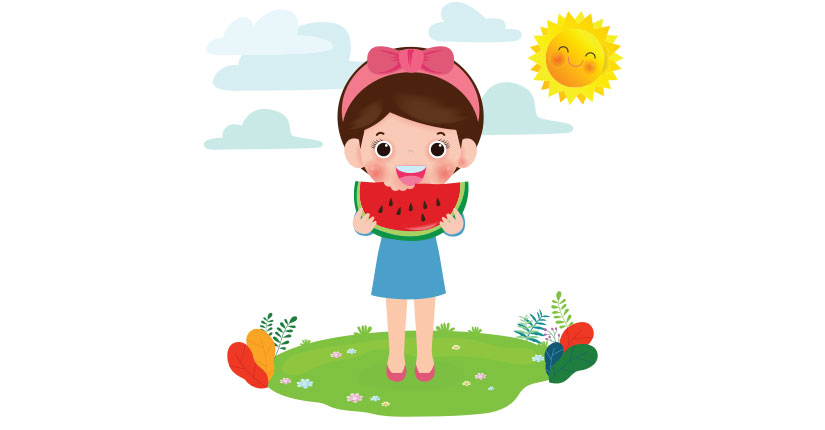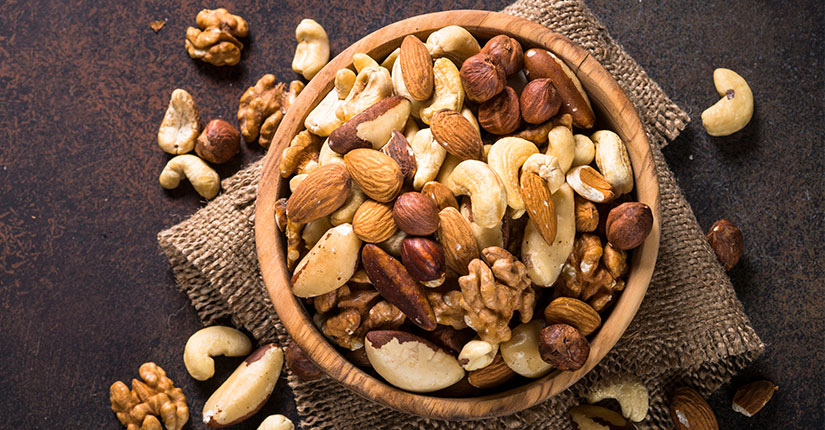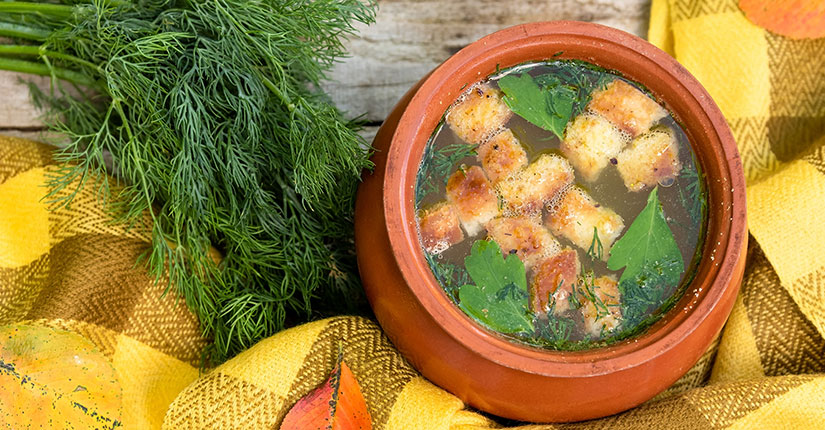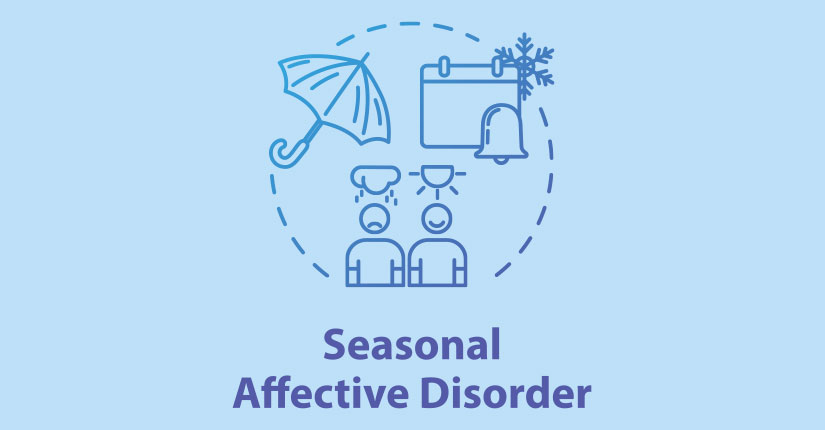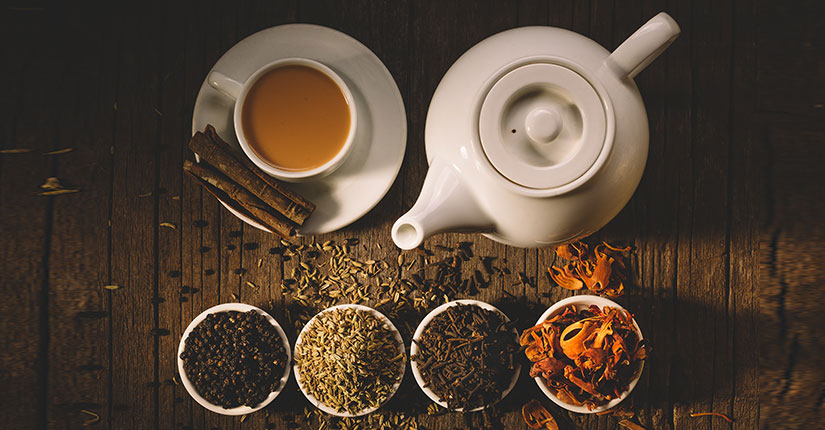5 Common Monsoon-Related Illnesses: Symptoms and Prevention Strategies
By Nmami Agarwal 29-Jun 2023 Reading Time: 16 Mins
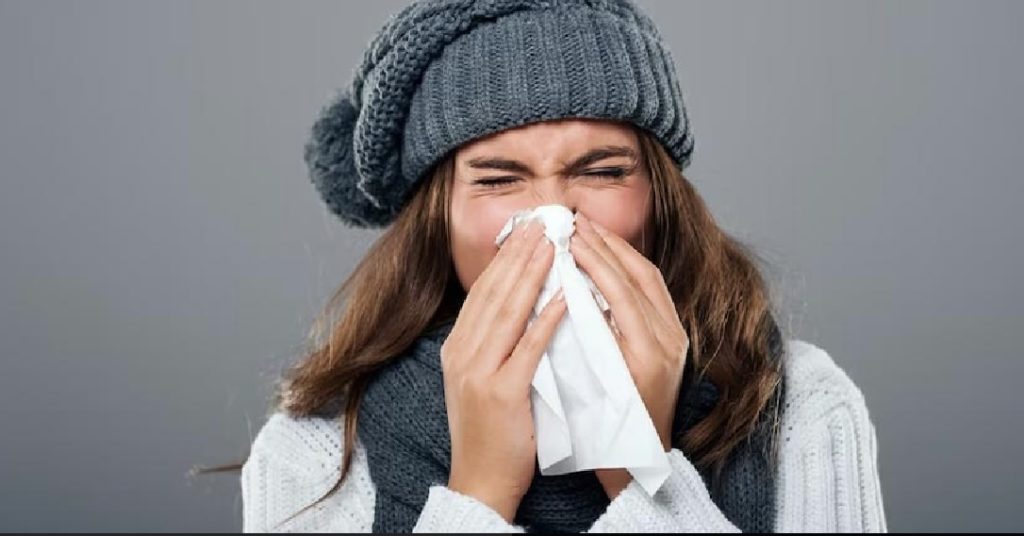
The rainy season is a time that people often look forward to as they have been bearing the heat for too long and the weather needs to cool down a bit. It brings with it a sense of freshness and rejuvenation, however, it also gives birth to many hosts of illnesses that can dampen your spirits and leave you feeling unwell. The humid weather during the monsoon season creates the perfect breeding ground for bacteria and viruses and it is essential to be aware of the potential threats of breeding of disease-causing agents. As such, it’s essential to be aware of the potential illnesses that can strike during this time and take measures to prevent them. In this post, we’ll explore some of the most common illnesses that are prevalent during the rainy season and provide practical tips to help you stay healthy and avoid falling prey to these illnesses, from boosting your immune system to maintaining good hygiene, read on to learn how to stay healthy this monsoon season.
Rainy season & common illnesses
The rainy season is a time of relief and rejuvenation amidst scorching heat, but it also brings with it a host of illnesses that can quickly dampen your mood as the wet and humid climate during the rainy season is an ideal breeding ground for bacteria, viruses, and other disease-causing microorganisms. This is why it is important to be aware of common illnesses that are prevalent during this time of the year and take the necessary precautions to stay healthy. Some of the most common illnesses during the rainy season include waterborne diseases such as cholera, typhoid, and hepatitis A, as well as vector-borne diseases such as malaria, dengue, and chikungunya. Respiratory infections such as colds, flu, and pneumonia are also common during the rainy season. Additionally, skin infections such as ringworm and fungal infections such as athlete’s foot are more prevalent due to the increased humidity. It is important to note that prevention is always better than cure and by taking simple precautions such as maintaining personal hygiene, drinking clean and boiled water, and avoiding street food and other unhygienic eating habits, you can significantly reduce your risk of falling ill during the rainy season.
Water-borne diseases
During the rainy season, there is an increase in the number of water-borne diseases and this is because the rainwater mixes with sewage water and causes the spread of water-borne diseases such as cholera, typhoid, and hepatitis A. Drinking contaminated water or eating contaminated food can lead to serious health issues so to stay healthy during the rainy season, it is important to drink clean and safe water. Boiling water before drinking it or using a water purifier is a good way to ensure that the water you are consuming is safe moreover, it is also important to avoid eating food from unhygienic places and to wash fruits and vegetables thoroughly before eating them. Another way to prevent water-borne diseases is to maintain personal hygiene is washing hands frequently with soap and water can help prevent the spread of germs. Also, avoid walking in flooded areas as it can lead to skin infections and other health issues. If you experience symptoms such as fever, diarrhea, vomiting, or stomach ache, seek medical attention immediately. Early diagnosis and treatment can prevent the illness from becoming more serious.
Mosquito-borne diseases
The rainy season not only brings relief from the scorching heat but also brings with it some unwelcome guests, such as mosquitoes that breed in stagnant water, and the puddles formed during the rainy season act as the perfect breeding ground for these disease-carrying pests. Mosquito-borne diseases such as dengue, malaria, and chikungunya are prevalent during this season and can cause serious health problems if left untreated. Symptoms of these diseases include fever, joint pain, and fatigue, and can sometimes be fatal it is important to take precautionary measures such as using mosquito nets, wearing long-sleeved clothes, and using mosquito repellent creams. Additionally, it is crucial to keep your surroundings clean and free from stagnant water to prevent mosquito breeding. Mosquito repellent plants like citronella and basil can also be used to keep mosquitoes at bay so if you experience any symptoms of these diseases, seek medical attention immediately.
Respiratory illnesses
The rainy season brings relief from the scorching heat of summer, but it also comes with its own set of health challenges. Respiratory illnesses caused by damp weather are one of the most common health issues during monsoon as damp weather can cause an increase in humidity levels, which traps pollutants and allergens in the air and this can lead to respiratory illnesses like asthma, bronchitis, and pneumonia. The damp and humid environment also promotes the growth of molds, which can trigger respiratory allergies. To prevent respiratory illnesses during the rainy season, it is important to keep your surroundings clean and dry, make sure to keep your house well-ventilated, and use a dehumidifier if necessary. Avoid going out during heavy rains and if you do go out, wear a mask to protect yourself from pollutants and allergens in the air it’s also important to maintain good personal hygiene during monsoon. Wash your hands frequently and avoid touching your face to prevent the spread of germs. In case you experience any symptoms of respiratory illness such as coughing, wheezing, or difficulty breathing, seek medical attention immediately. Early detection and treatment can prevent complications and ensure a speedy recovery.
Food-borne illnesses
During the rainy season, it is important to take extra precautions with your food. Due to the increased humidity and moisture, bacteria and germs tend to thrive and multiply quickly and this makes food-borne illnesses more common during the monsoon season. One common bacterial infection that can be caused by contaminated food is typhoid fever, this illness is caused by the bacteria Salmonella typhi, which can be found in contaminated food and water. Symptoms of typhoid fever include high fever, headache, stomach pain, and diarrhea. Another common illness caused by contaminated food in the rainy season is cholera this bacterial infection can be caused by consuming contaminated food or water, and symptoms include diarrhea, vomiting, and dehydration. To prevent food-borne illnesses during the rainy season, it is important to take extra precautions with your food don’t forget to wash your hands before handling food, and make sure to thoroughly clean fruits and vegetables before consuming them. Avoid eating street food or anything that has been left out in the open for a long time.
Tips to stay healthy during this rainy season
The monsoon season brings with it a host of illnesses that can put a damper on your health and well-being. However, there are several tips and precautions you can take to stay healthy during the rainy season. Firstly, it’s important to stay hydrated. While the cooler temperatures and frequent rain showers may make you feel less thirsty, your body still requires water to function properly. Make sure to drink plenty of water, and if you’re feeling under the weather, try sipping on warm fluids like herbal teas or soup broth. Secondly, be mindful of what you eat. During the monsoon season, food is more susceptible to spoilage and contamination due to increased humidity levels. Stick to freshly cooked meals, and avoid raw or undercooked foods like salads and sushi. Thirdly, keep your surroundings clean and dry. Rainwater can accumulate in stagnant areas, which can become a breeding ground for mosquitoes and other insects that carry diseases like dengue and malaria. Make sure to clear out any standing water and keep your living spaces clean and dry. Lastly, practice good hygiene habits like washing your hands frequently, covering your mouth and nose when sneezing or coughing, and avoiding close contact with others who are sick. By following these tips and staying vigilant about your health, you can enjoy a safe and healthy monsoon season.
Key points to remember
To conclude, staying healthy during the rainy season is essential with the increased risk of water-borne diseases and infections, it’s important to take extra precautions to ensure your health and well-being are not compromised. Some of the key points to remember include drinking clean and filtered water, avoiding street food, maintaining personal hygiene, and seeking medical attention if you experience any symptoms of illness. It’s also important to keep your surroundings clean and free from stagnant water to avoid mosquito breeding and prevent the spread of diseases like dengue and malaria. Wearing appropriate clothing and using mosquito repellents can also help protect you from mosquito bites. Rainy season Approaching with illnesses The rainy season is a time that people often look forward to as they have been bearing the heat for too long and the weather needs to cool down a bit. It brings with it a sense of freshness and rejuvenation, however, it also gives birth to many hosts of illnesses that can dampen your spirits and leave you feeling unwell. The humid weather during the monsoon season creates the perfect breeding ground for bacteria and viruses and it is essential to be aware of the potential threats of breeding of disease-causing agents. As such, it’s essential to be aware of the potential illnesses that can strike during this time and take measures to prevent them. In this post, we’ll explore some of the most common illnesses that are prevalent during the rainy season and provide practical tips to help you stay healthy and avoid falling prey to these illnesses, from boosting your immune system to maintaining good hygiene, read on to learn how to stay healthy this monsoon season.




